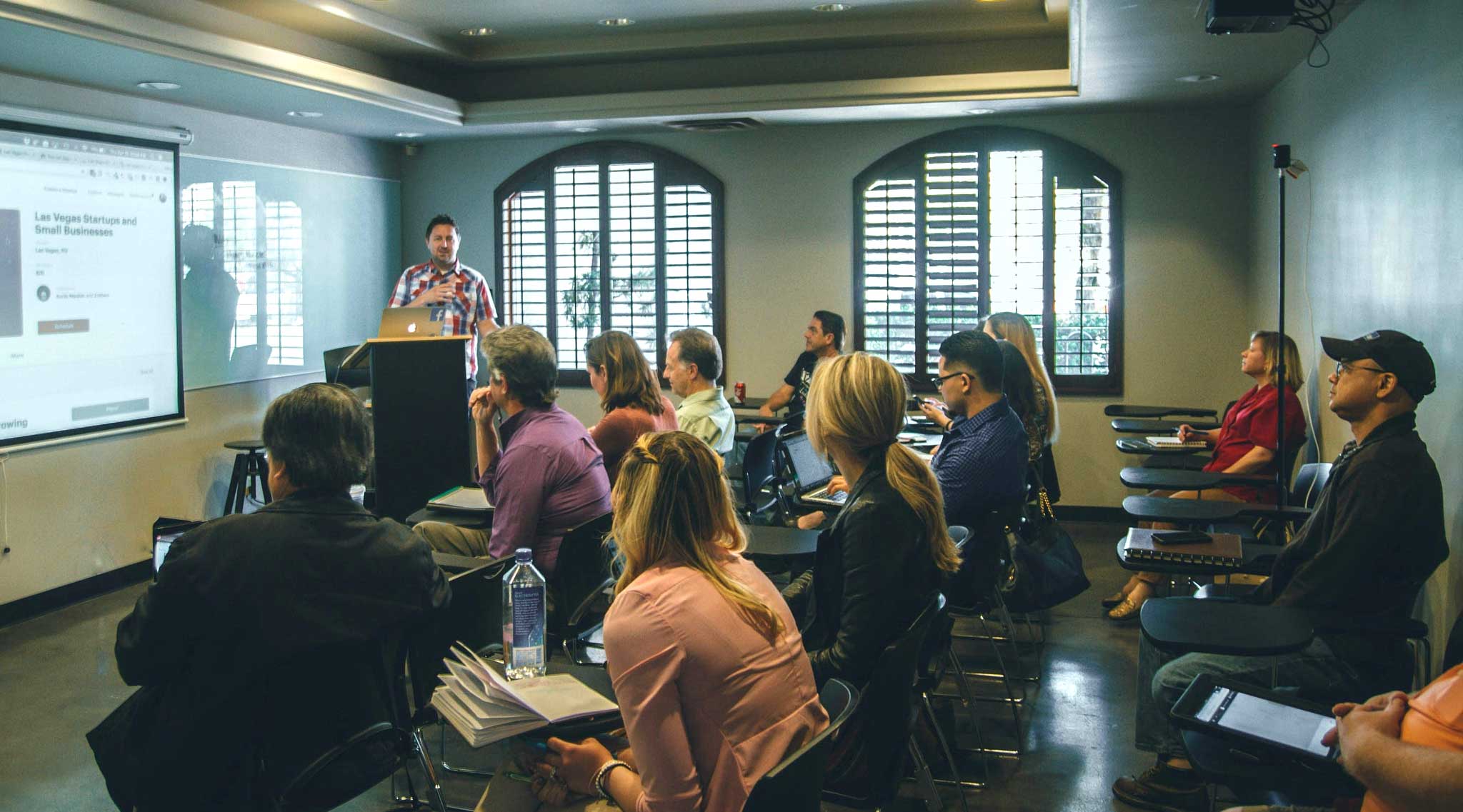The 12 adults in the Intermediate Level English class at the Newcomer Center in Minneapolis had just taken their seats when the instructor, Raj Parambola, wrote a single word on the whiteboard: IDIOM.
“Today we are going to talk about idioms,” said Raj, an immigrant who was teaching the class for the first time. “As you may already know, idioms are phrases or expressions that have figurative meanings. For example, if you are going to perform in a play and someone says ‘Break a leg,’ they do not mean that you should actually break your leg. What do they mean?”
Meshack Muleka, an immigrant from Congo, raised his hand. “When I go for MMA and my coach say “Break a leg!” he is not talking about my leg.”
Raj laughed. “That would be literal, not figurative. In most cases, when someone says ‘Break a leg,’ it is a way of wishing you good luck.”
Isaac Boga, an immigrant from Ivory Coast, shook his head. “So if I say ‘Don’t break a leg!’ I am wishing them bad luck?’”
“No, but they might not understand you,” Raj said. “Idioms are only useful if people understand them. Has anyone come across any other idioms that they didn’t understand?”
Isaac raised his hand: “I was with a friend of mine, Bob. We was taking a walk in the park and see a long snake. I shout and run but my friend, he picks up the snake. And he say to me, ‘It’s just a common snake. You need to grow a pair.’ What it means to grow a pair?”
Raj had never heard of the idiom, but decided to give it his best guess. “It means that you need to grow a pair of horns. With horns, you can be like a bull and not be afraid of anything. Are there any other idioms that you’ve come across?”
Yulia Stasenko, an immigrant from Ukraine, raised her hand. “What it means to be under the weather?”
“It means that you are not feeling well. You are sick.”
Yulia smiled. “I am definitely over the weather today.”
“Me too,” Meshack said. “It is too cold.”
Isaac found himself staring at Yulia again. She was very pretty, but he had never had the courage to ask her out.
“Any other idioms?” Raj asked.
Ana Tenkov, an immigrant from Serbia, raised her hand. “At work, we have a team meeting. We play a game first. My boss say it is a good way of breaking the ice. Then suddenly he open a window. He say that someone has broken the wind.”
Raj laughed. “That’s two different idioms. Breaking the ice means releasing the tension in the room. Breaking the wind means releasing something else in the room. Any other idioms?”
Mario Santis, an immigrant from Guatemala, raised his hand. “I work as a roofer. Sometimes when we get on a roof, the boss say to us, ‘Let’s hit the ground running, fellas.’ But we are not on the ground. It’s not safe to run. It will make more sense for him to say, ‘Let’s hit the roof walking, fellas.’”
Raj chuckled. “Hit the ground running means to work hard on a new activity or project.”
The students reviewed several more idioms before the class ended. As they were walking out, Isaac held the door open for Yulia.
“I’m Isaac,” he said. “You have time for coffee? There is Starbucks next door.”
Yulia smiled. “You have grown some horns, I see.”
Isaac nodded. “I have big horns. I am a breaker of ice and legs. Come on, let’s hit the ground walking.”












